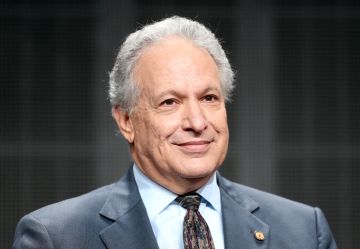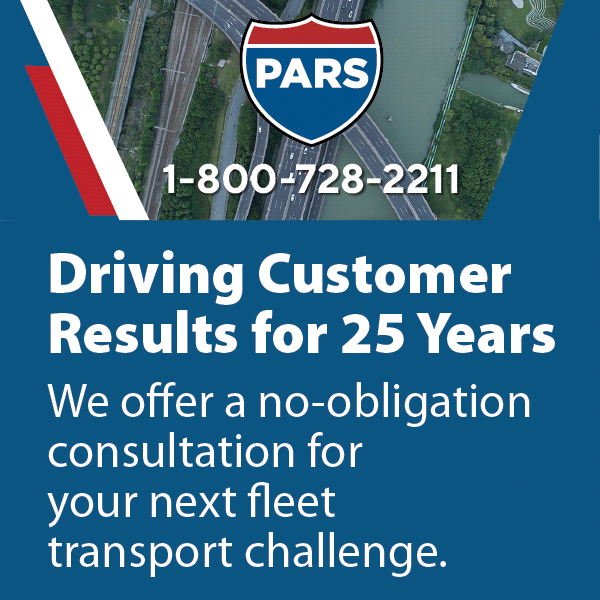
The outgoing head of the government agency charged with keeping highways safe is worried that auto safety won’t be a priority for the incoming Trump administration.
Mark Rosekind, who leaves his job leading the National Highway Traffic Safety Administration on Friday, said during an interview with the Associated Press the agency has taken steps to modernize and change its relationship with automakers so they try to stop problems rather than reacting to deaths and injuries.
Rosekind, a Ph.D. sleep expert drafted from investigating airplane crashes and other mishaps, said the agency has come a long way from the days when it failed to connect clues about faulty General Motors ignition switches, and was too accepting of Takata’s explanations for lethal exploding air bags.
By nearly all accounts, Rosekind has accomplished a lot, sometimes cooperating with the industry and sometimes hammering misbehaving automakers with fines.
During his tenure, the agency has changed from being cozy with automakers to more of a “cop on the beat” said Sean Kane, a safety researcher and frequent agency critic.
Rosekind, 61, is proud of NHTSA’s accomplishments but fears they could be undone. The agency already is preparing for budget cuts. No replacement has been named. Spokeswomen for Trump did not return messages.
Here are five questions for Rosekind, with answers edited for length and clarity:
Q: When you started, NHTSA was under siege for the GM ignition switch deaths and Takata’s air bag inflators. It had only a few people monitoring consumer complaints and hadn’t had a budget increase in a decade. Would the agency now catch problems like GM sooner?
A: I would hope so. You just highlighted everything that has kept me up for two years and what’s going to keep me up when I leave. Two years is not a lot of time to change a culture. Part of the way you do that is to have specific processes and actions in place, and the focus has been on that. Only time will tell. There are risk matrices being done, there’s a structure in place. Congress did give us money so we’re hiring a bunch of new people. We will have a trend analysis division, that’s a connect-the-dots division that’s all about the data. We will have our version of a ‘go team’ to investigate crashes.
Q: What were your biggest accomplishments?
A: The pivot from being reactive to a proactive safety culture. The road-to-zero fatalities initiative and the autonomous vehicle guidelines. We’re working toward 100 percent recall completion, better reporting of safety defects, data sharing. Autonomous vehicles can lead to zero fatalities. It really is totally unacceptable that society accepts the carnage on roads. We have to deal with the near-term crisis and have a long-term plan to get us to zero.
Q: Are you worried that the Trump administration could undo those changes?
Read more of the original article at The Detroit News.




